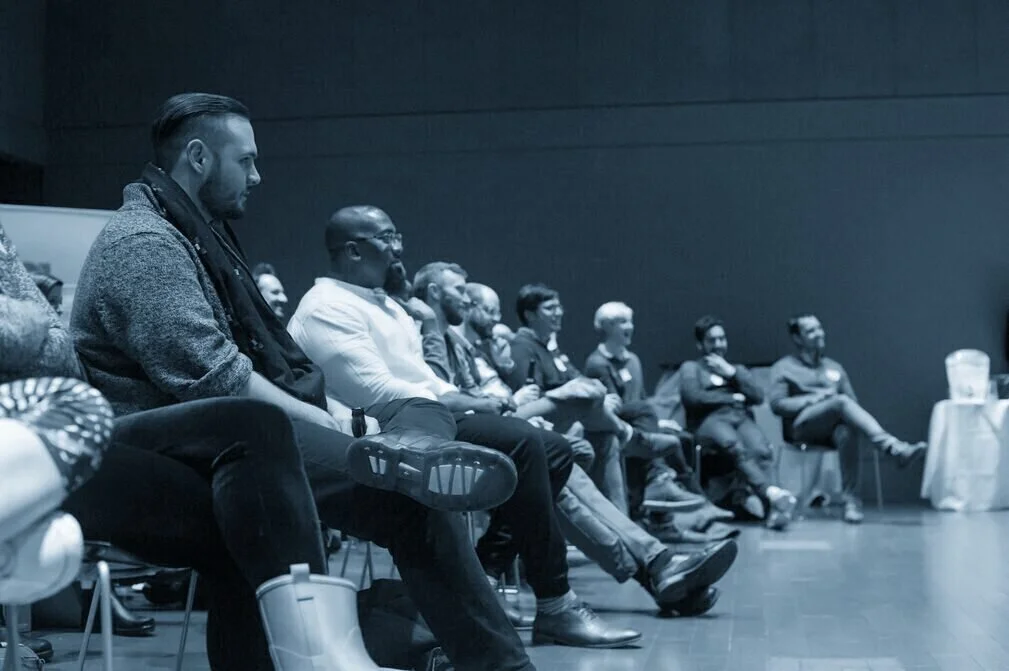Mission
CRCI explores the braid of choreography, computation, and surveillance through an interdisciplinary lens. Our aim is to counter the violence of body-surveilling and algorithmic technologies by channeling resources to artists, organizers and scholars who center bodies and computation in their work for social justice.
VISION
CRCI engages the expertise of a wildly diverse and intimidatingly heterogeneous group of critics, theorists, computer scientists, dancers, roboticists, ethnographers, poets, designers, improvisers, and organizers, among others. We develop programming that makes time and space for sustained dialogue and collaborative movement, traversing disparate frames of knowledge.
In doing this, CRCI aims to create curriculum and community committed to making productive interventions in the development of emerging art and technologies. These interventions can take the form of creative works, curricular design, human / computer and human / robot interfaces, publications, and conversations. Our intention is to expand this work to foster equitably collaborative research projects, policy work, and expansive digital programming.
How Choreography?
Historically, “Choreography” (from the Greek khoreia, meaning collective group movement, and the English suffix -graphy, to write) has referred to planned movements of dancers, and the process of encoding / decoding bodily movements through space and time.
CRCI understands choreography as a function of processing and computation
ranging from gestural human / computer interfaces (such as the “swipe” and “pinch-to-zoom”) to more subtle interplay between bodies and surveilling technologies such as social media, drones, robots and satellites. At times, these technologies coerce our movements through space and time, extracting scads of data in the process, and implicating our bodies in the well-documented abuses of surveillance capitalism.
HISTORY
The Conference for Research on Choreographic Interfaces (CRCI) was founded by Sydney Skybetter at Brown University in 2015 to consider the intrinsic risks and creative possibilities of surveillant computational systems. The convening’s participants-- with expertise in choreography, digital art, interface design, hardware hacking, ethnography, data science, facilitation and software design-- gather annually to collectively consider productive interventions in emerging technologies with the belief that bringing artistic intelligences to engineering will make the world more equitable, sustainable, and embracing of creative discourse.
Read about the founding of CRCI »

